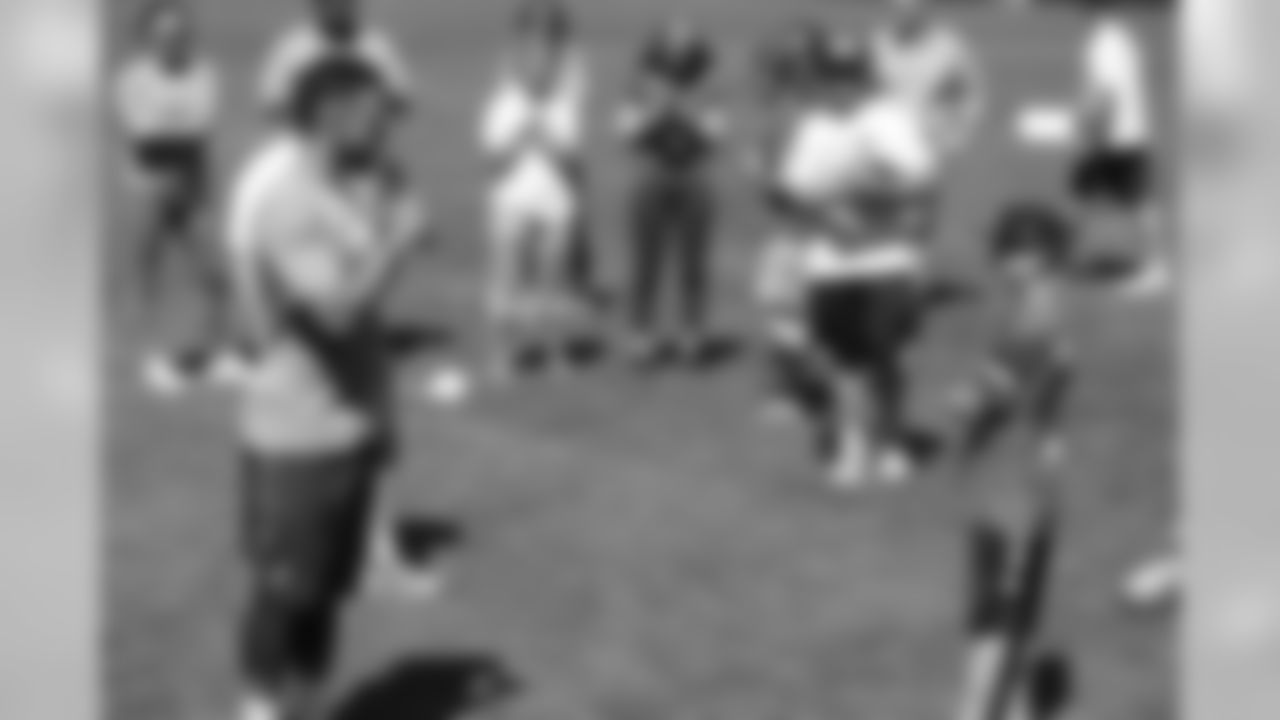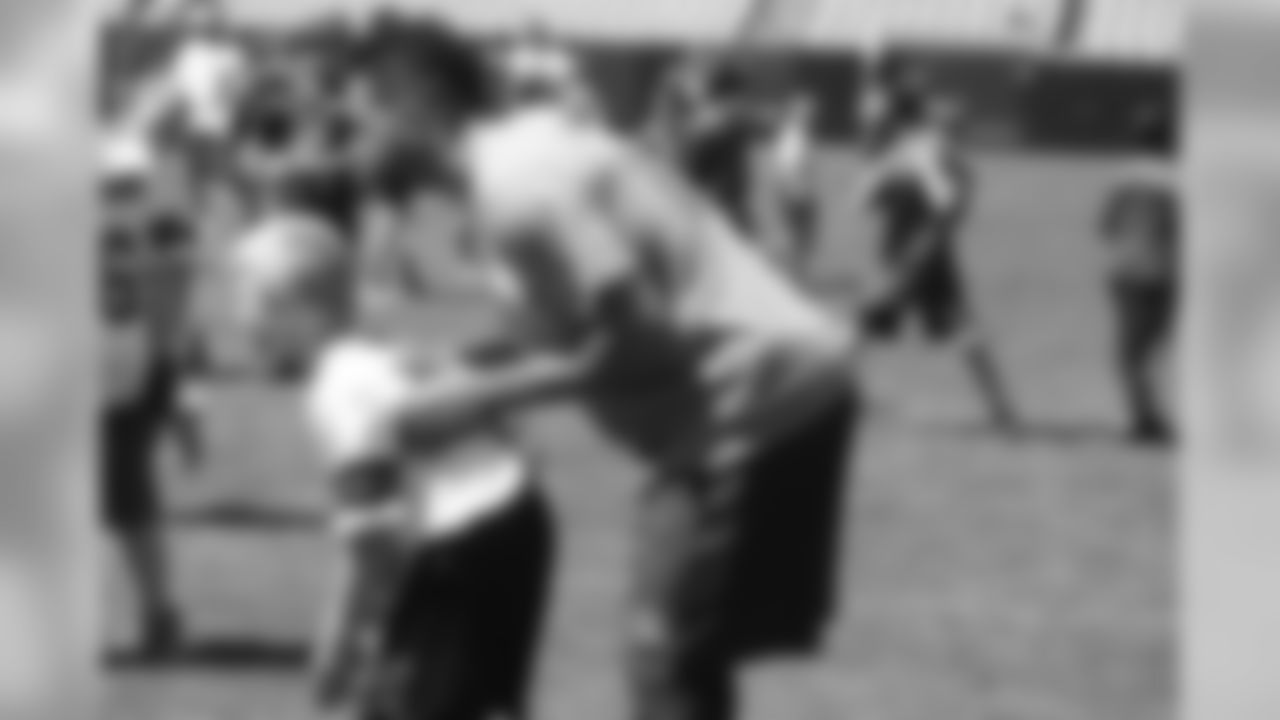Ron Brewer watched from an undisclosed location. The plan he implemented months ago unfolded before his eyes on the monitor in front of him.
The Browns' 24-man rookie class was trapped. Broken up into teams of six, the players were locked in a room with 60 minutes to escape. With the help of periodic clues and teamwork, the groups were tasked to find their way to freedom.
Brewer, Cleveland's manager of player engagement, could smile and take solace in the fact this wrinkle to the team's rookie transition program brought all 24 players closer together outside of the football field or locker room.
"Just being a former player myself and having to sit back and analyze professional development programs and look at the audience, I'm really big on varying the way you're educating," Brewer said. "The escape room was something I was thinking about. What different activities could I do to get them out of the classroom and then bring them back to the classroom with a little more energy?"
That overarching question served as the backbone to the curriculum Brewer implemented throughout the program, which ultimately began when the rookies first arrived in mid-May but really hit its stride over the past two weeks. The rookies remained in Berea for two weeks following the team's mandatory minicamp before breaking for the summer.
With the NFL's elimination of the annual, three-day symposium, Brewer, a former University of North Carolina defensive back who came to Cleveland last year, took on a larger responsibility of mapping out the curriculum, activities and guest speakers to not only serve the Browns' 14 drafted rookies, but also the 10 additional undrafted free agents.
"They definitely needed some help transitioning into this new environment," Brewer said. "We have a really good class, guys that are really intelligent, guys who ask questions, hungry to be great as an NFL player. They also are eager to learn and find what it takes to be successful. They did a really good job and they're really good guys. Here is now the tools we can give them so that they can have success both on and off the field as men and as football players.
"That was my goal of the whole rookie offseason program. One, is to help them grow professionally and two, is to give them a confidence they need to excel in this environment."
The rookies visit the second week of the Browns' Youth Football Camp at FirstEnergy Stadium.




































































The transition program came to an end Friday when Browns alumni Dave Wohlabaugh, Ben Davis and Al Jenkins addressed the group. They followed a long lineup of speakers, including Tom Tomasheski and Tommy Shavers, that focused on a variety of other, off-field lessons. Shavers focused his presentation on domestic violence and sexual assault while Tomasheski, whose daughter-in-law and grandson were killed by a drunk driver, nearly brought the room to tears with his presentation.
"He gave such a moving speech and story about his experiences and really urged and pleaded with these guys to be smart," Brewer said. "That was extremely moving."
The rookies also went through coursework that focused on investments, enhancing communication, mental health and money markets. They appeared at both sessions of the Cleveland Browns Football Camp at FirstEnergy Stadium and worked alongside the children in a variety of football drills and games. On Thursday, the rookies traveled to Canton to visit the Pro Football Hall of Fame, a first for the majority of the group.
While this part of the program came to a close last week, Brewer's guidance with the group has only just begun. When the rookies return in July, they'll continue to meet with Brewer in group and individual settings to continue their acclimation process as NFL players.
"My No. 1 job and No. 1 personal goal is to stay connected with these guys all year long," Brewer said. "We all have some more sessions that we'll do during the season just as far as our rookie success program. At the same time, with such a large group, there are some other things I'll do to be more individualized as it relates to people's personal situations. That's ongoing and not going to end just because the season starts.
"These guys know I'm going to be their No. 1 encourager, support them on the field. When it comes time for things off the field, we'll still have time to develop and connect."














